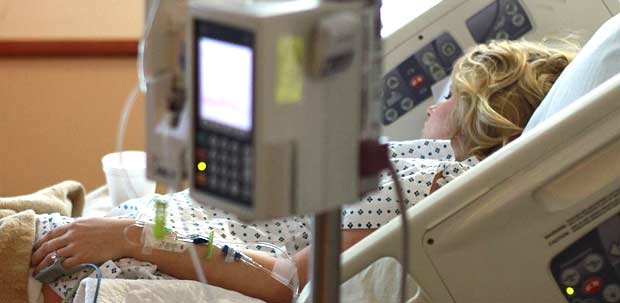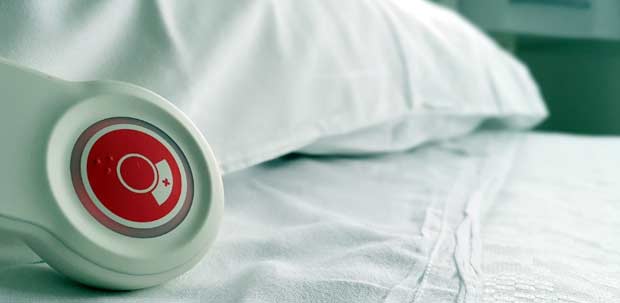On Monday 30 July, the Supreme Court ruled that legal permission is no longer needed to withdraw treatment from patients who are in a permanent vegetative state.
Should families and doctors be in agreement, hospital staff will be able to remove feeding tubes without having to apply for approval from the Court of Protection – usually this decision would take months or even years to pass.
Supreme Court judge, Lady Black stated that there was no violation under the Human Rights Convention.
The judgment came in a case brought to the Supreme Court after a man in his 50s suffered a heart attack, resulting in severe brain damage.
The patient, identified as Mr Y, has since died but the case continued so that a court ruling could be made.
Mr Y was in a prolonged disorder of consciousness (PDOC) after suffering a cardiac arrest as a result of coronary artery disease. PDOC covers patients remaining in a coma, vegetative state and minimally conscious state after a brain injury.
Medical staff agreed it was unlikely he would regain consciousness and, even if he did, he would have profound cognitive and physical disability and always be dependent on others.
Although Mr Y had not drawn up any advance decision to refuse treatment, his family were firmly of the view that he would not want to be kept alive.
People who have faced this heart breaking situation in the past are pleased with the result and said it would help many families.







